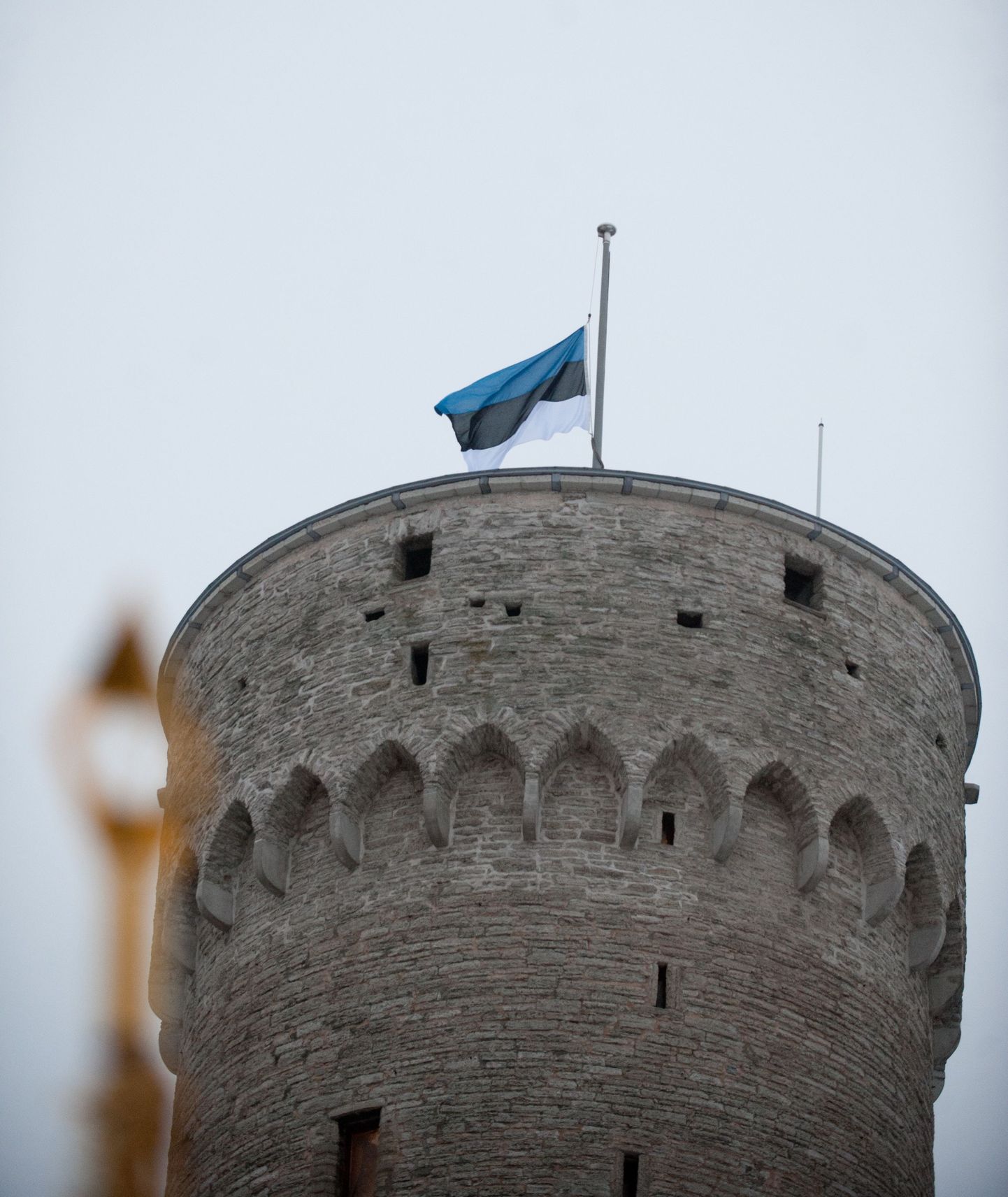Both Maruste and Aas said that an efficient, strong and well functioning EU was in Estonia's national-strategic interest.
It's clear that in certain areas such as international interaction, matters of defense and the common market closer integration of Europe is good for Estonia, as it will increase our security and have a positive effect on economic growth, said Aas. "At the same time, we must defend the fundamental values set out in Estonian constitution, our language and culture," he added.
The MP said that debate over the future of Europe must be brought closer to the people so as to make the functioning of the EU better understandable and closer to the people through an open discussion. "Common ground of knowledge and greater involvement of citizens will heal also deficiencies in democratic legitimation. It makes sense that changes of principal nature in the EU's functioning require a strong popular mandate," Aas said.
European Commission Vice President Siim Kallas, who attended the meeting, also raised the topic of competences of EU institutions and member states along with the need to "re-word" the fundamental principles of the EU.
The discussion on the future of the EU was the sixth such discussion held at the initiative of the parliament's EU affairs committee. The previous meetings looked at EU financial and fiscal policy, possible changes in fundamental treaties and the EU institutional framework, matters related to the common agricultural policy and foreign and security policy.

